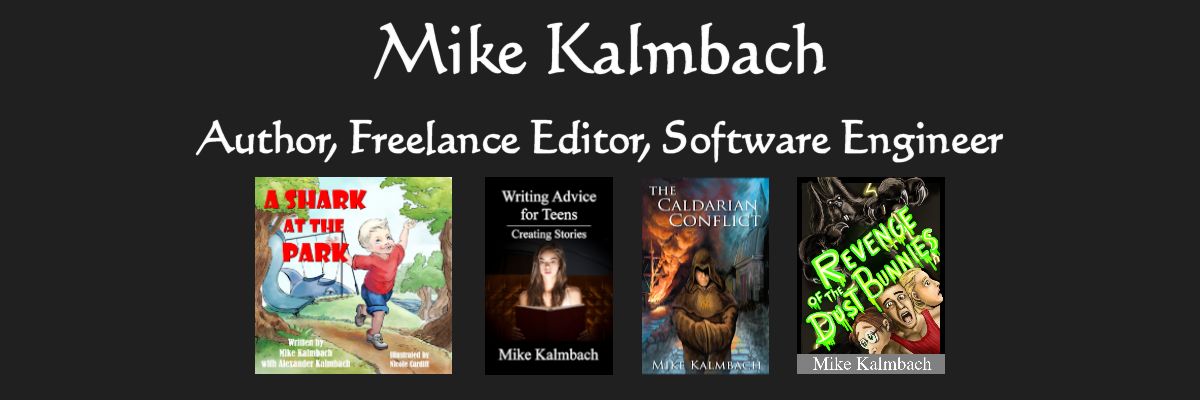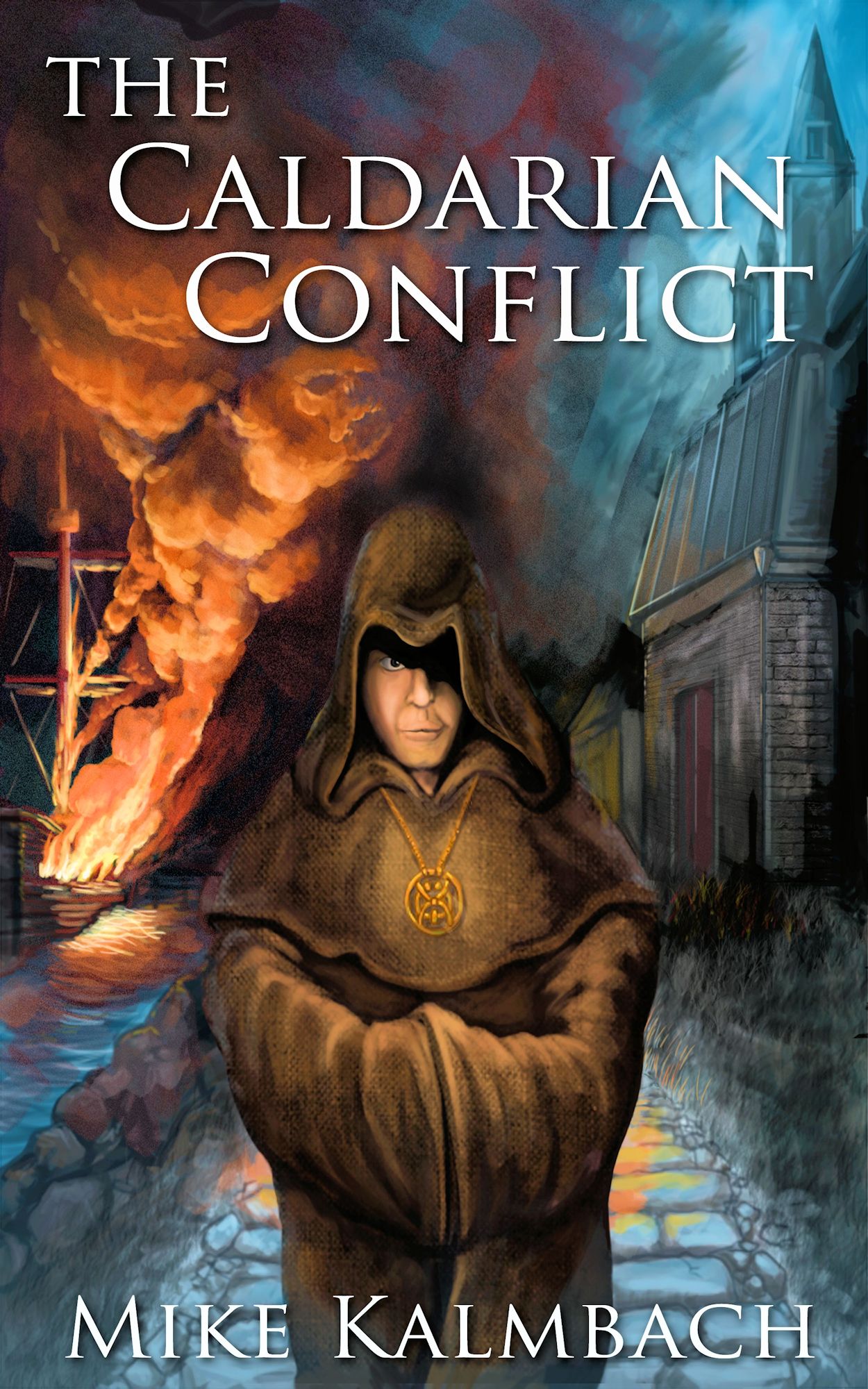How to Best Support an Indie Author
Posted on October 5th, 2011
Did you just read an awesome indie book? Are you looking for ways to help the author out?
You’ve come to the right place.
What follows are several methods to help an indie author out. This includes:
- Buying the book (first for yourself, then as gifts for friends)
- Telling your friends (and posting reviews)
- Tagging the book to make it easier for people to find
While (perhaps obviously), I’m targeting this to my own fans, these strategies are general enough for any indie author. I’d expect the actual dollar values should be consistent for most indie authors as well.
Buy the book
Of course, the first and best way is to buy a copy of the author’s book. However, where you buy it is as important as your actual purchase.
Paperbacks:
Since I published through CreateSpace, I earn the most when people buy direct from them (about $4.50 per book from my $10.95 book). Amazon falls in at a respectable $2.94. However, when someone buys a copy from Barnes and Noble, I earn only $0.25 per book.
Buying the book as a gift is an excellent way to thank an author. That’s part of the reason I offer signed copies through my site (check the right-hand panel)–it’s an opportunity for fans to purchase a unique gift for themselves or their friends. Since I include a free ebook with autographed paperbacks purchased through my site, you can buy a paperback as a gift and keep the ebook for yourself.
Giving the book as a gift offers you the opportunity to talk with others about the book, which helps get the word out for an indie author.
Ebooks:
As an indie author, Smashwords gives me the best return: about $2.21 per book. Amazon is second, at about $2.03 a book, and Barnes and Noble gives me $1.94 per book. Besides offering the best return, Smashwords also lets me run coupons as needed. If I want to give a free copy to a book reviewer, all I have to do is generate a code and pass it along.
Lending an ebook to a friend also helps spread the word about a good book, so take advantage of this opportunity. Which leads us to the next point:
Tell your friends
Think about the last book you bought. Why did you buy it?
Chances are pretty good that it’s because a friend recommended it.
Word of mouth advertising is awesome. If you can’t stop raving about the plot twists in The Caldarian Conflict, (as a completely random and unbiased example), people take notice.
If you’re part of a book group, suggest that the group read a book by the indie author. Note: only do this if you’d give the book a 4- or 5-star review. And make sure the book is free of typos. When the average reader spots typo after typo, the book probably wasn’t ready to be released.
Did I just mention reviews?
That’s another great way to help out an indie author. Thoughtful reviews are more important than 5-star reviews (though as an indie author, I always love to receive a 5-star review). That said, when someone checks out a book’s rating on Amazon, they’re more likely to purchase a book that has several thoughtful reviews than several that say: “This book is teh best!!!” (typo intentional)
When reviewing, do explain what you liked and who might be most likely to enjoy the book. Try to avoid spoilers where possible. Post it everywhere the book is sold, and especially on reader communities like Goodreads or LibraryThing.
Once you’ve written a review, tell people on Facebook and Twitter about the book. When they know you wrote the review, your friends or followers are more likely to at least look at the book to see whether it’s a good match.
While we’re talking about Facebook and Twitter, definitely become a fan of the author and follow their tweets. When you see something interesting from the author, pass it along to your friends so the author can grow followers and potentially connect with other readers.
Tag the book
What is tagging?
Tagging is a method of adding keywords to a book so that it shows up in search results. The more people that agree with a particular tag, the higher the placement of the book in the search results.
Tags can usually be found on a product’s Amazon page. Other sites use tagging sometimes, but Amazon is the most widely used. Simply search for “tag” on the page, and you should find it.
If there’s nothing there, add tags related to the book. For example, some of the tags currently used for The Caldarian Conflict include pirates, monks, and corrupt government. If you have read the book, select the check box for those you agree with. If you happen to think of others that aren’t listed, definitely add them. The author will certainly appreciate it when others find (and hopefully purchase) their book.
If you’ve already read my book, please go to the Amazon page and help me out with a review and adding some tags. I’d really appreciate it.
What other ways can you think of to help an indie author out? What did I miss?


Excellent post, Mike. I’m glad you mentioned the importance of tagging the books because that’s something I didn’t pay much attention to, so thanks. I’ll be sure and do that. I agree that word of mouth is the best advertising in the world. Also, congrats on the great sales results for your first month! That’s awesome. You’re doing a stellar job of promoting and marketing your book. I really admire you for it. Thanks for leaving your comment on my post yesterday!
Thanks, Lynn! Yeah, tagging is often overlooked. As I mentioned, it helps improve search rankings, so I always make sure to tag when I review. It only takes a moment, and can help others find your book.
Always glad to comment. Looking forward to more posts!
Great tips! Thanks for posting this.